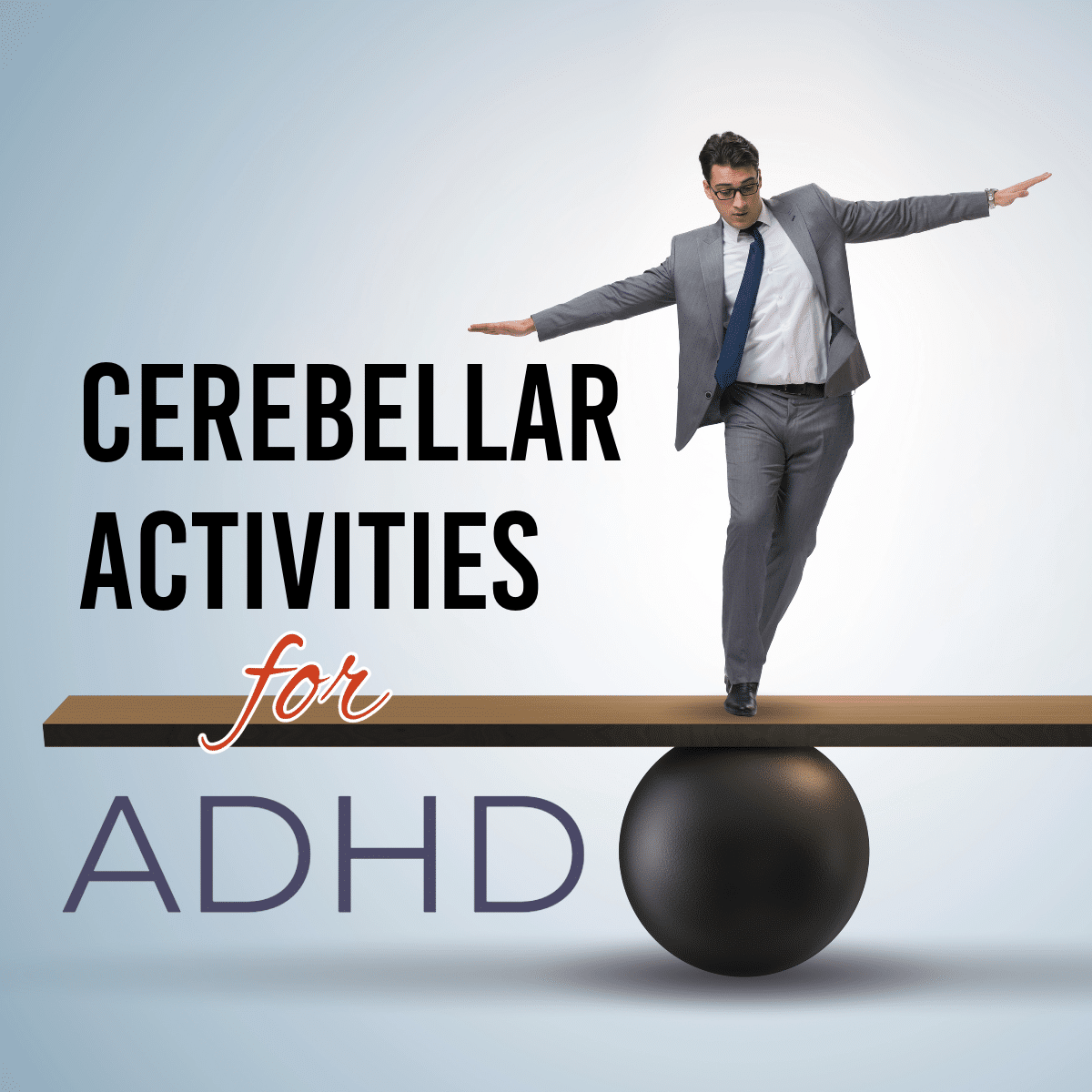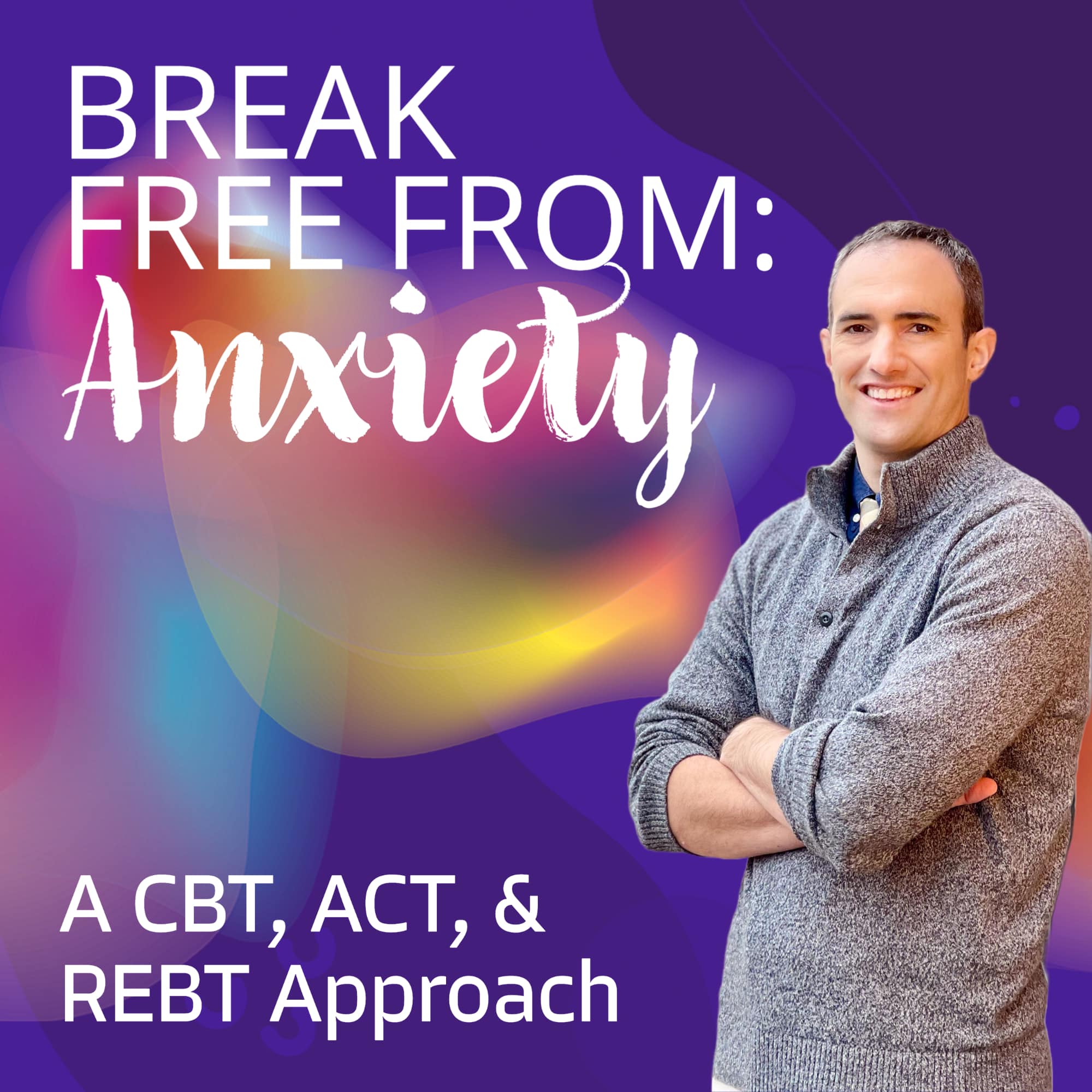CBT is usually administered by a therapist to either an individual or group. A typical course would be 15-20 sessions each 50 minutes in length, over a course of 4 months.
CBT for binge eating focuses on 1. Breaking misperceptions about triggers to binge eating, 2. Monitoring eating behavior with a diary. 3. Develop a more regular eating pattern. 4. Recognizing high risk binge eating situations. 5. Weighing the patient only once per week to address unusual weighing practices. And 6 preventing relapse after treatment is over
1. Breaking Misperceptions
- Address dysfunctional thoughts about weight and body shape. Therapy would address the over-evaluation of body image and encourage engagement in other areas in life.
- Understand that binge eating does not occur spontaneously, but is usually triggered by under-eating which creates psychologic and physiologic pressure to eat. Binge eating could also be triggered by a stressful event which caused the patient to stress eat. Keep in mind that ingestion of alcohol or some other disinhibiting substance such as marijuana, can also trigger bing eating behavior. The patient might have a cognitive rule system regarding their diet that should be addressed.
2. Monitoring eating behavior with a diary
Record in real-time each meal, snack, and binge episode and the context for the situation. Find patterns such as binging occurring after coming home from work, watching tv, or arguing with a significant other.
3. Develop a more regular eating pattern
Scheduling 3 planned meals and 2-3 planned snacks per day with no more than 4 hours without eating.
4. Recognizing high risk binge eating situations.
- When encountering one of these high risk situations, surf the urge to eat and learn to recognize that the impulsive feeling is just temporary.
- Working on stimulus control of people, places and activities that trigger the urge
5. Weighing the patient only once per week to address unusual weighing practices.
- Addressing excessive weight checking
- Educate on normal weight and bmi
6. Preventing relapse after treatment is over
- Reviewing progress
- Reviewing relapse triggers: single event that escalates (such as responding to criticism or adversity).
- Developing a plan should relapse occur, getting back into treatment.
There are also self-help versions of CBT consisting of internet based sessions, but in one study after 6 mo of comparing the two, found that in person CBT with a therapist was superior at reducing binge eating days.

 Bruce Bassi
Bruce Bassi





